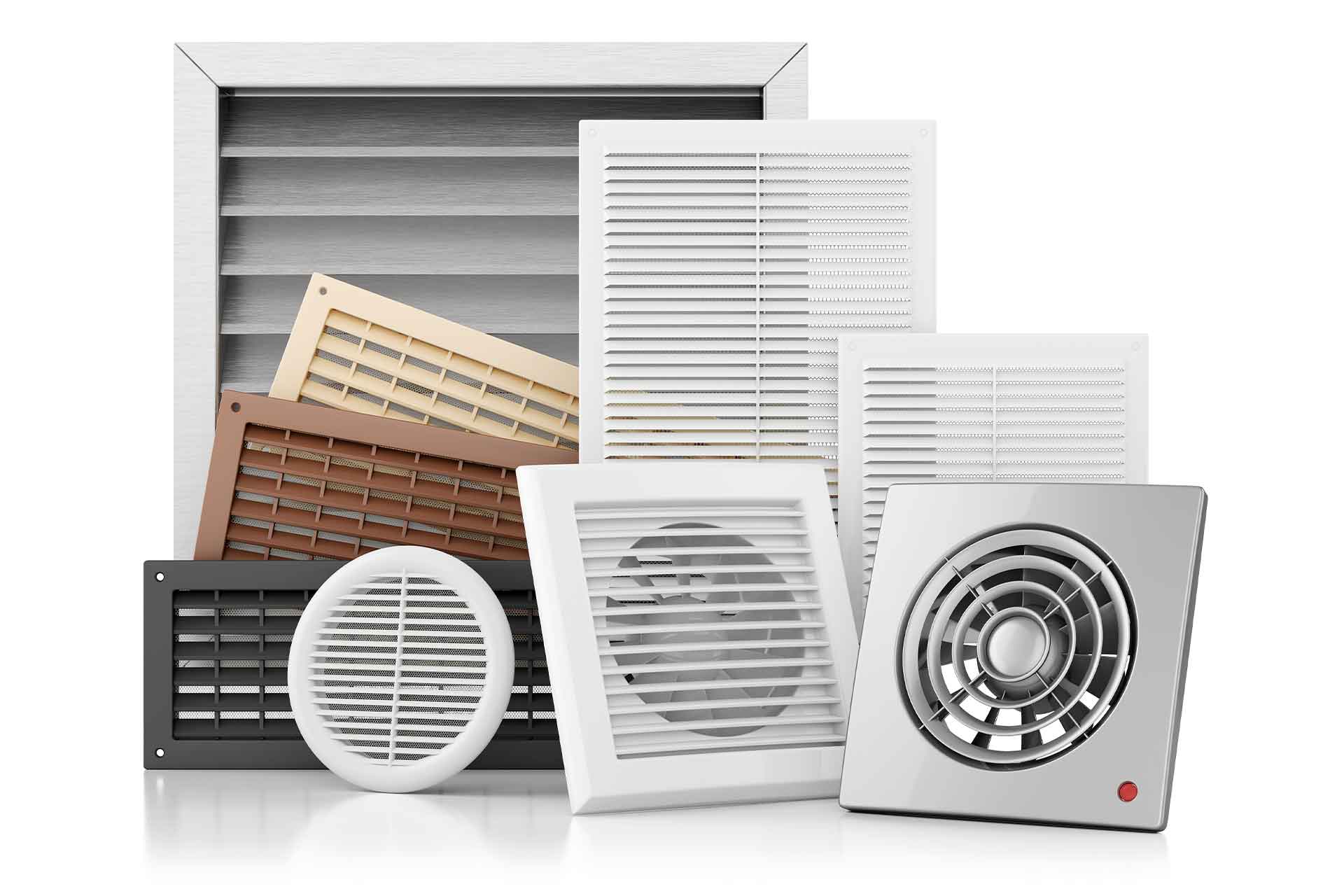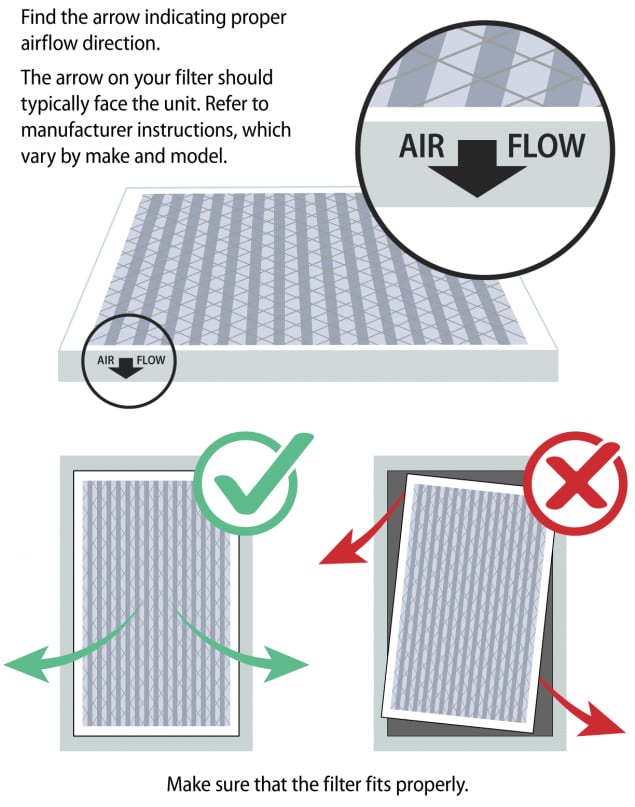Professional Tips for Maintaining Home Ventilation Melbourne Systems
Wiki Article
The Role of Home Ventilation in Stopping Mold And Mildew and Indoor Allergens
Home air flow is an essential element in preserving a healthy and balanced interior environment. It controls moisture degrees, which can prevent the development of mold and mildew and the buildup of irritants. Lots of home owners overlook the relevance of proper air flow, frequently leading to hidden issues. Recognizing exactly how ventilation systems function and their influence on air top quality might be the trick to a much healthier home. What steps can be required to enhance these systems effectively?Recognizing Home Air Flow Solutions
While many homeowners might neglect the relevance of ventilation, understanding home air flow systems is necessary for maintaining interior air high quality and protecting against mold and mildew growth - Home Ventilation Melbourne. These systems assist in the exchange of stagnant interior air with fresh outside air, efficiently lowering contaminants and moisture degrees. Typical types include all-natural air flow, which counts on wind and temperature level differences, and mechanical ventilation, which uses ducts and fans to manage air movement. Additionally, well balanced ventilation systems incorporate both methods to maximize air top quality. Appropriately developed and kept ventilation systems can help manage temperature level and humidity, making sure a comfy living setting. Home owners should take into consideration variables like home environment, tenancy, and layout when picking an air flow system to finest fit their requirements and improve general air top quality
The Impact of Moisture on Mold Development
Humidity plays an important function in mold growth, making it an important variable for home owners to monitor. Mold and mildew prospers in settings where humidity levels surpass 60%, as these problems supply the wetness needed for spores to germinate and proliferate. High humidity can result from numerous sources, including poor ventilation, water leaks, and food preparation or bathing tasks. When moisture degrees remain elevated, mold can develop quickly on natural materials such as drywall, material, and wood. Home owners must use dehumidifiers and guarantee appropriate air flow in locations vulnerable to dampness, such as basements and bathrooms. Keeping interior humidity between 30% and 50% can substantially decrease the threat of mold development, adding to a much healthier living setting.Recognizing Usual Indoor Allergens
Indoor atmospheres can nurture a range of irritants that affect wellness and comfort. Typical indoor allergens include dust mites, family pet dander, mold spores, and pollen. Dust termites thrive in bed linens, rugs, and furniture, eating organic product and contributing to breathing problems. Pet dog dander, composed of tiny flakes from skin and fur, can trigger allergies in sensitive people. Mold and mildew spores, commonly present in damp locations, can proliferate and impact air top quality. Additionally, plant pollen can infiltrate homes with open home windows or on apparel. Identifying these irritants is important for keeping a healthy indoor setting. Awareness of their presence enables homeowners to take proactive measures to reduce exposure and boost general indoor air top quality.Benefits of Proper Air Flow
Appropriate ventilation is necessary for keeping a healthy indoor environment, as it helps to control air quality and lower the accumulation of toxins. Appropriate air movement assists in the exchange of exterior and indoor air, consequently diluting harmful substances such as unstable natural substances, allergens, and webpage dust. This process not just improves convenience however additionally adds to the from this source overall well-being of residents by lessening respiratory concerns (Home Ventilation Melbourne). Additionally, appropriate ventilation successfully manages moisture levels, minimizing the likelihood of mold development and promoting a drier atmosphere for wellness. Additionally, it can improve energy performance by making sure that heating and air conditioning systems operate better, leading to reduced power costs. Overall, appropriate air flow is a critical component in advertising a secure and healthy space

Tips for Improving Home Air Flow
Lots of property owners may neglect it, boosting home air flow is essential for boosting air top quality and protecting against mold growth. One effective strategy is to regularly open home windows to advertise cross-ventilation, permitting fresh air to flow. Mounting exhaust followers in washrooms and cooking areas can successfully eliminate moisture-laden air, decreasing humidity levels. Property owners need to additionally think about utilizing air purifiers with HEPA filters to record pollutants and irritants. Frequently preserving heating and cooling systems, including transforming filters, warranties come to a head air movement and performance. Securing leaks around doors and windows can prevent outside air from going into, which aids keep a regular interior setting. Integrating houseplants can normally enhance air high quality while including aesthetic value to the home.Often Asked Inquiries
Just how Frequently Should I Tidy My Home Air Flow System?
Figuring out exactly how typically to clean a home ventilation system relies on numerous factors, including usage and ecological conditions. Home Ventilation Melbourne. Generally, professionals recommend a complete cleansing every 3 to 5 years to maintain optimal air movement and efficiencyCan Plants Assist Decrease Indoor Allergens?
Research study indicates that certain interior plants might help in reducing allergens by enhancing air quality and raising moisture. Their efficiency varies, and keeping a tidy environment continues to be essential for managing indoor allergens properly.What Kinds of Air Filters Are Ideal for Mold And Mildew Avoidance?

Are There Specific Ventilation Requirements for Cellars?

Just how Do I Know if My Air Flow Is Working Successfully?
To determine reliable ventilation, one ought to keep an eye on humidity levels, examine air movement with vents, and observe indicators of condensation or stagnant air. Normal evaluations can show whether the system adequately flows and exchanges indoor air.Understanding exactly how ventilation systems function and their influence on air quality might be the secret to a much healthier living room. While numerous property owners might neglect the value of air flow, additional resources comprehending home air flow systems is necessary for maintaining interior air high quality and preventing mold and mildew development. Usual types include all-natural ventilation, which relies on wind and temperature differences, and mechanical air flow, which uses fans and air ducts to manage airflow. Correct air flow is necessary for preserving a healthy interior environment, as it helps to control air quality and lower the buildup of pollutants. Lots of house owners may forget it, improving home ventilation is necessary for improving air high quality and stopping mold development.
Report this wiki page